So here you are: you’re on board with Intuitive Eating and getting in tune with your body and your hunger…but then you also take prescription medication and begin to wonder: do antibiotics make you hungry?
Can birth control pills make me gain weight…and is that bad?
How am I supposed to eat intuitively if something else is influencing my appetite? Yikes!
Hang in there, Gorgeous: this post is for you. We’ll talk through some of the most common questions that I get with regards to eating intuitively when medications might change the game.
And don’t worry: you can still be successful with Intuitive Eating and find food freedom!
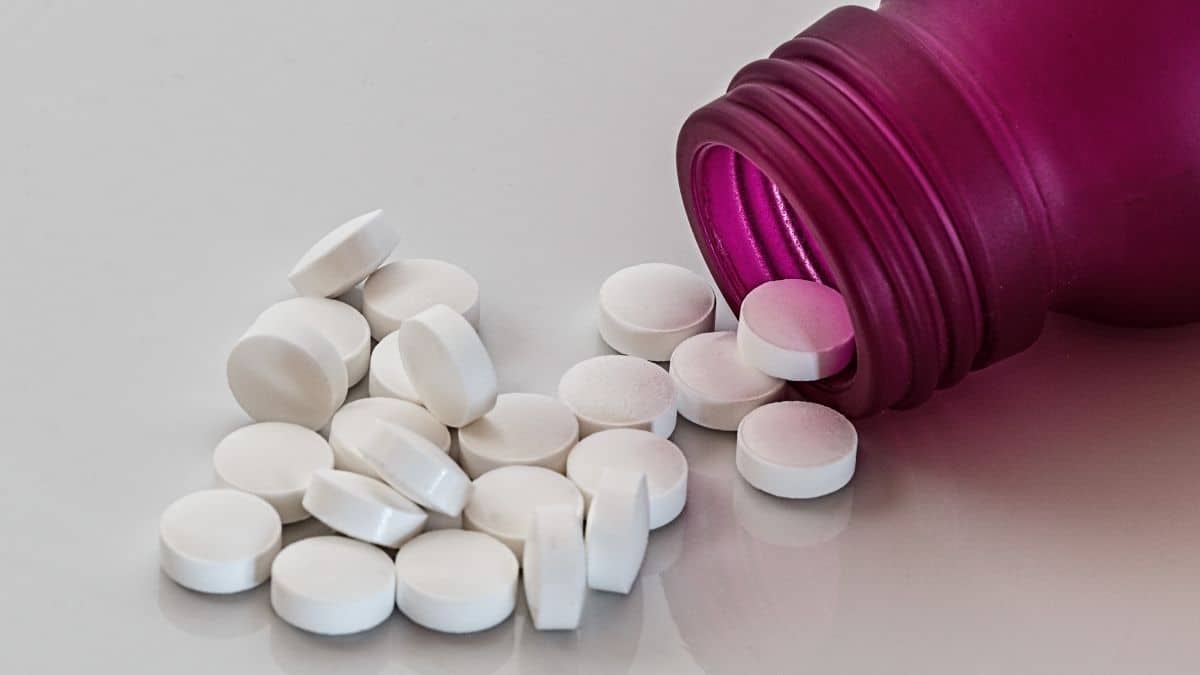
What is Intuitive Eating?
Intuitive Eating is a health self-care program that is the opposite of a diet: all foods are allowed at any time of the day.
Intuitive Eating is a journey of working towards food freedom and peace with eating, yourself, and your body.
Without the restrictions, scarcity mindset, and chronic stress of a diet mentality, Intuitive Eaters enjoy a wide range of foods, including the nutrient-dense ones, without shame or risk of binging.
If you’re new: welcome to the club! Please check out this post for your Intuitive Eating 101: What Is Intuitive Eating?
So I just eat whatever I want?
Intuitive Eating is a bit more nuanced than that.
With Intuitive Eating, even with prescription medication, you have full permission to eat whatever you want, wherever you want, without fear or shame around those choices. This is how you break free from the chronic dieting mentality that assigns morality to food choices.
Food is not good or bad, right or wrong: food is just food.
But at the end of the day, eating is an activity that we want to feel good, both mentally and physically. Sometimes my snacks are ice cream (like these Chocolate-Dipped homemade ice-cream bars), sometimes they’re protein bars (I love these Cookie Dough Protein Bars [Perfect Bar CopyCat!]). It depends on what I’m craving and how I want to feel afterward.
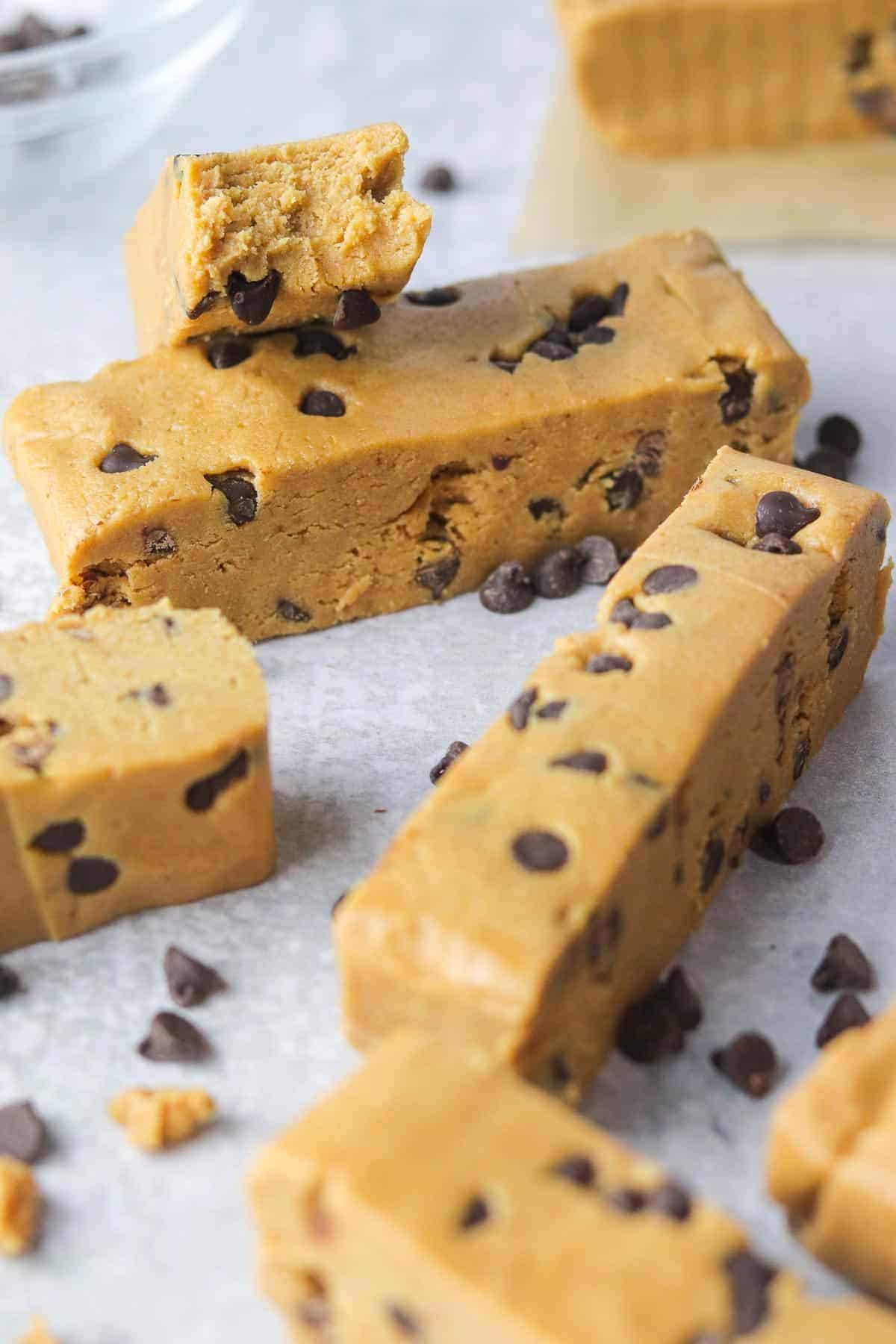
Keep in mind that part of your body is your brain. Intuitive Eating uses your whole body – including your noggin – to make decisions about what to eat and when. This means that you’re not just at the whim of current cravings or bound by food rules.
Our brain is a great problem solver when you give her a chance! The trouble with dieting is that we’ve been shushing her (rude!). When you get the signals that your body needs fuel…or storming past her signals to stop eating when you’ve reached fullness, you’ve ignored her. With Intuitive Eating, you and your brain are friends again, working together, instead of frenemies.
And because Intuitive Eating includes using your brain, she is part of the team when a medication might make the signals a bit more difficult to listen to and/or even understand. You also get to use your noodle as you take other factors into account, such as when you’ll have access to food vs. not, such as gearing up for another long Zoom meeting. This is what we call practical hunger in the Intuitive Eating vocab.
Here is your full intro guide to Practical Hunger, a valuable tool in your Intuitive Eating toolbelt: Practical Hunger: What It Is & How To Use It.
Back to meds: what about these potential changes in appetite?

Do medications change your appetite?
Yes, some can!
There are many medications that can have an impact on your appetite; either revving your hunger and cravings up or quenching your appetite, making it more difficult to know when you *should* eat to feel your best.
Some medications are taken on a short-term basis, like an antibiotic, while others might be a tool that you use for the long term. The strategies that might serve you best can vary depending on how long you’re on a medication.
(And always speak with your doctor to ask if the medication that he or she is prescribing is the only option or if others might be a better choice.)
Which medications might increase your appetite?
While not a comprehensive list, here are a few examples of medications that might increase your appetite as a side effect:
- Hormonal birth control
- Steroid medications
- Certain antidepressants and anti-anxiety medications
- Insulin
- Blood pressure-reducing medicines like beta-blockers
- Epilepsy medicines
Which medications might inhibit your appetite?
On the other hand, some medications might blunt your appetite. Again, not a full and complete list, but a few examples include:
- ADHD medications
- Certain antidepressants
- Antibiotics (esp. if they’re causing diarrhea or other tummy troubles)
How can you listen to your body when medications impact your appetite?
For many chronic dieters, even without medication in the mix, it is a journey to rekindle your relationship with hunger and fullness after months – or even years – of ignoring both.
Just know that if you’re feeling like it isn’t as simple as “just eat when you’re hungry,” know that you’re not alone and you can reconnect with yourself and your hunger.
What most people think hunger feels like is a rumbling in your stomach. That can be a hunger cue, but there are far more than that. For example:
- Having a harder time focusing
- Feeling like a cranky grumpalump
- Feeling shaky or weak
- Headache
- Feeling light-headed
- Being easily distracted
- Your fuse might be really dang short
These alternative signs of hunger might better serve you as you are learning your hunger cues, with or without medications.
If you don’t feel like you have a great handle on your own hunger cues, that’s okay! Here is How To Get Hunger Cues In 3 Easy Steps.
So now that we’ve covered how meds might influence hunger and appetite, let’s address a common concern that possible weight gain is less healthy.
Is weight gain with medications unhealthy?
Weight has been a false measure of health for years and years and years.
The belief that weight loss is healthier (not to mention the path to everlasting happiness and morality) is what fuels the diet industry machine.
The truth is, you can be healthy at any weight. You can also be unhealthy at any weight. Just because someone is in a smaller body does not automatically mean that their behaviors are healthy.
This is what we are finding actually matters: your health behaviors. This means things like your mental health, how much sleep you get on the regular, how often you eat fruits and veggies as well as your relationship with food, eating, and your body.
For the full scoop, including a deep dive into the literature, click here: Can You Really Be Healthy At Every Size? (HAES Explained!).
It is possible that some medications can cause a change in weight, either up or down. It depends on the medication, actually!
What you need to know is that you can still be healthy, even with a change in weight. What matters – always – are your health behaviors.
How to focus on health and not weight
Focusing on behaviors, not weight, is what I recommend no matter what with Intuitive Eating. This does not change with a medication, it might just be a little longer learning curve. That’s okay: you can do it!
What do health-promoting behaviors look like? This could look like adding fruits and veggies for their health-protective qualities such as antioxidants, polyphenols, etc. Nutrition still matters; we call this “gentle nutrition” in Intuitive Eating lingo.
This might also look like incorporating movement that you actually enjoy to promote joint health, cardiovascular health, and stress reduction.
You can check out my blog post on gentle nutrition for how to go about incorporating things like fruits and veggies, reducing red meat consumption, or whatever other dietary goals you’d like to incorporate, or that your doctor might recommend because of your medication.
Remember: you’re in charge
When something impacts you and your life, it can be easy to think about things being done to you.
This is part of why diets are so damaging: you eventually resent the restrictions and so are more likely to engage in binge eating and other unhealthy behaviors.
But like all things, you still have free will and the ability to make your own decisions.
And this microscopic mental shift can dramatically impact how you experience your relationship with medications.
Here is what I mean:
Let’s say that you take anxiety medication and experience a change in your weight. You gain weight for a little while and then things stabilize; you’ve reached your new set point weight and your anxiety is not taking over your life as it felt like before you started the medication.
You could choose to be resentful of the medication for causing weight gain. That’s valid.
Or, you could choose to be grateful for the relief from anxiety. That’s also valid.
Or you could release your belief that your weight = your worth and embrace that health behaviors are what actually matter. You can weave intuitive movement and fruits and veggies throughout your day whether or not you’re on medication.
It is your choice to take the medication. It is also your choice of what to focus on; you have your own beautiful noodle and your own free will.
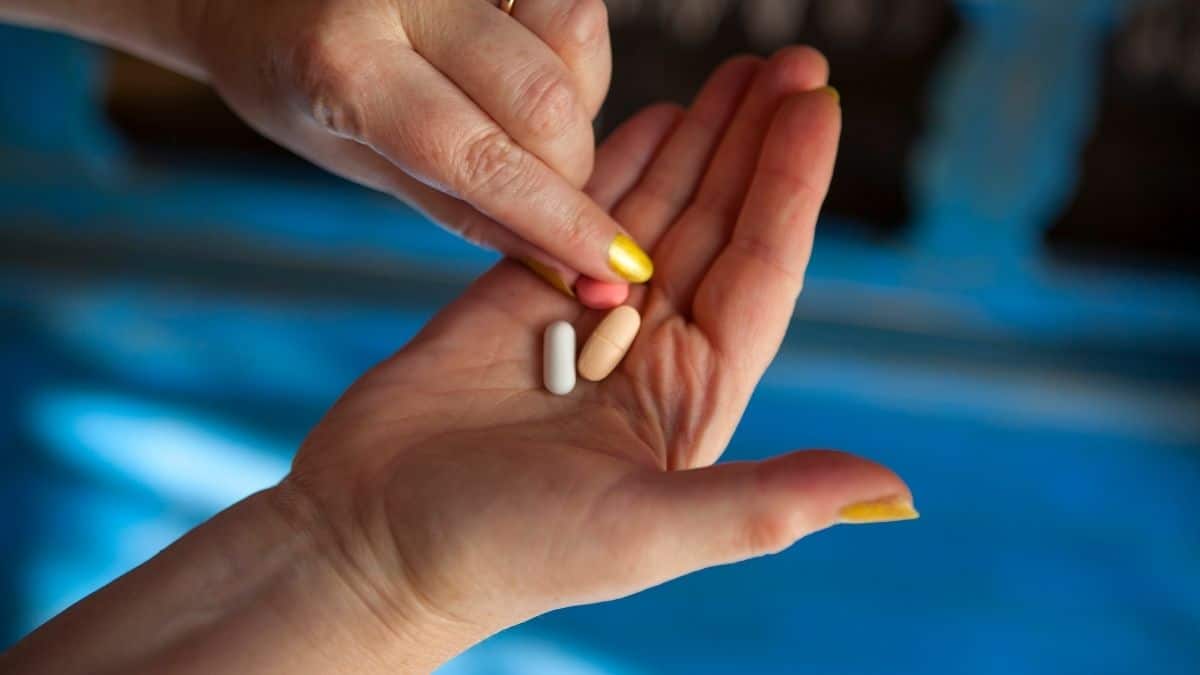
Intuitive Eating and Antibiotics:
Here are some of the most common questions I get related to Intuitive Eating while taking an antibiotic. Antibiotics are typically taken on a short term basis, so keep these recommendations in mind if you take any other medication for less time; they might be applicable.
What is the best food to eat with antibiotics?
If you’re taking antibiotics, there is a chance that you’re not feeling great right now. I hope that you feel better, soon!
Also remember that it is important to take the full prescribed course of antibiotics, even if you’re feeling better, to reduce the risk of cultivating antibiotic-resistant bacteria.
There are not any known foods that help to make antibiotics work better. Just be sure to read the next section for a few foods to avoid while on this medication.
I recommend first focusing on your overall caloric and hydration intake before micromanaging the specific nutrients you’re eating. Our bodies need energy to fight off an infection, illness, etc. so we want to be sure to give it that first. Sometimes you might just be able to stomach toast and that’s okay! Don’t feel guilty over it. Yes, add a variety of nutrients when you can but overall energy is also very important!
Should you eat more when taking antibiotics?
Some antibiotics are best absorbed with food; others are best absorbed on an empty stomach.
Should I drink a lot of water while on antibiotics?
There is no benefit of chugging a lot of water, but it is important to stay hydrated. Sipping water throughout the day is best vs. trying to catch up with a few large glasses in the morning or evening.
Any foods to avoid while taking antibiotics?
Always speak with your prescribing doctor for the best answers for you, based on your health history, other medications, and any supplements that you take, including herbal supplements.
In general, antibiotics should be taken with water for best absorption. Milk, juice, and alcohol can change how your body absorbs the antibiotic.
In addition, calcium supplements and grapefruit can also change how your body absorbs and metabolizes antibiotic medications.
How do I get my appetite back after antibiotics?
Your appetite may spring back a few days after your antibiotics are completed. As diarrhea can be a common side effect, give your body time to adjust and do your best to stay hydrated. Drink enough fluids throughout the day so that you’re going to the bathroom at least every few hours and have pale-colored urine (like lemonade), not dark yellow (like apple juice).
Intuitive Eating and ADHD medications
Here are some strategies to support adults who are struggling with a lowered appetite as a result of their ADHD medication. For many people with ADHD medications, their appetite is much lower while the medication is active.
Your hunger might look different
As we chatted through earlier, hunger cues aren’t always about a rumbling in your stomach. And if your brain is feeling hyper-focused on a task, they can be easier to miss.
If you are struggling to find your own hunger cues, you might benefit from setting a self-check alarm to see what you might need every 2-3 hours. This is not a forced meal or snack, just an opportunity to check in with yourself and see if there is any self-care that might improve your mood, focus, or energy level.
And also give yourself permission to have a schedule that looks different from others. If you find that you end up eating more in the evening and less at lunch: that is okay. Test and learn to see what kind of eating flow boosts your energy and focus the most, without leaving you overly hungry in the evening.
Intuitive Eating and birth control medication
If a birth control medication is hormone-based, it has the potential to cause a bit of weight gain.
Let’s first clarify that weight gain does not always mean fat gain (and even if it does, that isn’t necessarily a bad thing). For some, hormonal birth control can cause water retention, which isn’t the same thing as gaining additional fat tissue. Some can cause both.
As discussed previously, tuning into your physical hunger and being deliberate about emotional self-care as well as intuitive exercise are all habits to support your mental and physical wellness. Your set point weight might change…and it might not.
If you’re concerned, you might also consider a non-hormonal birth control option, such as the copper IUD. This is a great opportunity to chat with your care provider to find the best option that supports your needs. Just know that weight gain, if it happens, isn’t a bad thing.
Long-term nutrient impact
It doesn’t seem that well known, but many medications actually cause your body to use more of certain nutrients than you would without that medication.
For example, metformin, a medication used to control blood sugar for those with type 2 diabetes and women with PCOS, causes your body to use more vitamin B12 than normal. And many oral contraceptives cause depletion of folic acid.
If you have been or will be on a medication long term, it warrants a conversation with your care provider to make sure that a nutrient deficiency isn’t a possibility for you.
Self-care still counts:
No matter the medication that you’re taking, or for how long, self-care still matters.
Self-care is not just about taking baths or using face masks, it is about tuning into your own anxiety and stress levels and taking deliberate action that says that you’re worth love and satisfaction.
One of my favorite self-care activities is to journal. As you’re investigating your own eating habits and preferences, you might notice links between what you eat and your own mood.
This Intuitive Eating Food & Mood Journal How-To explains more.
Keep in mind that journaling is just gathering data: it isn’t meant to be an activity that causes you to feel shame or remorse. You are on the journey to find the lifestyle, with medication, that serves your physical and mental wellness the best. You’re worth it!
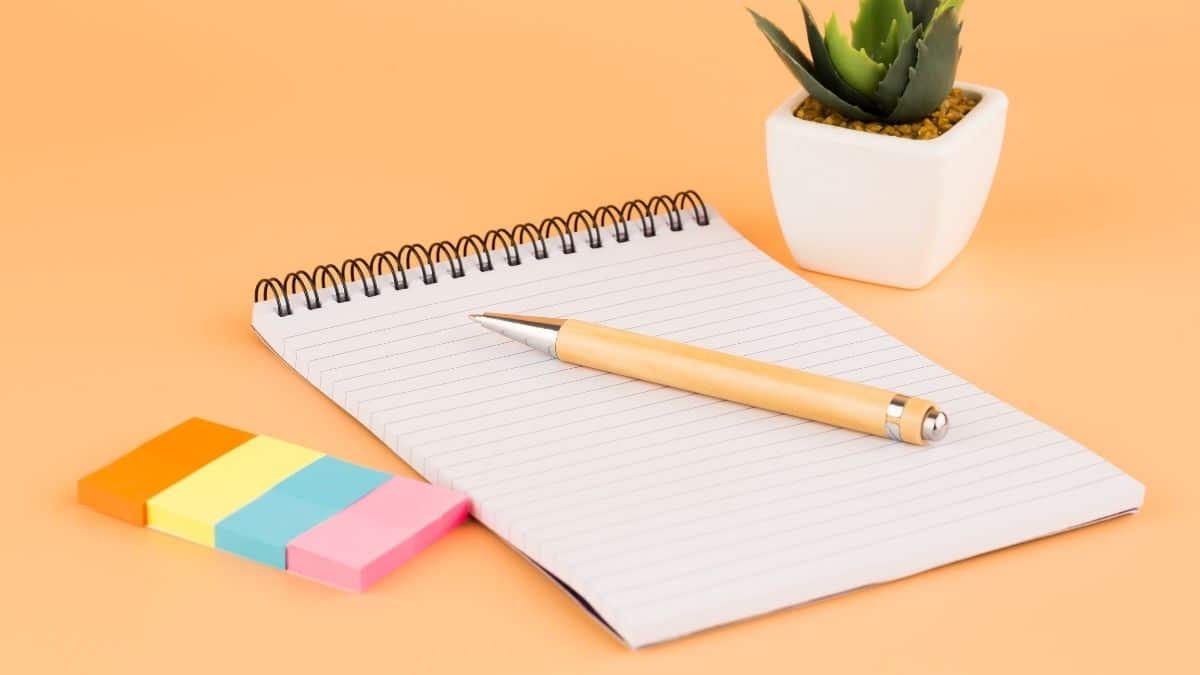
Key Takeaways: do antibiotics make you hungry?
There are many potential benefits of taking medications…there are also many potential side effects. Finding the best tools to support yourself sometimes requires your own advocacy and asking the right questions.
You’re in charge of yourself: if you want to explore all options before coming to the best decision for you, that is 100% within your rights.
And just know that even if a medication causes weight gain, that doesn’t mean that you’re less healthy than you were before. Your health behaviors are the measure of your health, not the number on your scale.
Healing your relationship with food and eating is a journey that begins with learning to tune back in and build trust. If you’ve ever had a friend or family member lie to you, you know full well that this takes practice and consistency to rebuild.
The same is true for hunger and your body. Your next step, Gorgeous? Snag your free non-diet download: your guide to listening to your body. Why? Because listening to your body isn’t a switch you can just turn on and “do.” This guide will give you an exact learning process to follow. Through the exercises in this guide, you’ll be able to adjust your food choices to allow you to feel better than ever- physically and mentally!
I can’t wait for you to build more trust with yourself, your body, and your hunger. You’re going to love it!
Need more guidance? Be sure to checkout my YouTube channel for more tips to help in your intuitive eating journey and take the no food rules quiz which will tell you what’s holding you back from truly finding food freedom and give you customized resources (and a workbook!) to overcome it!
XOXO-
Colleen

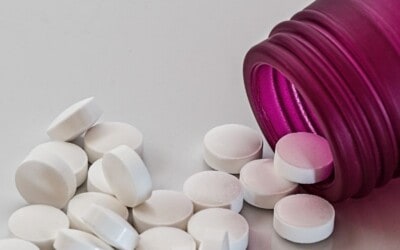
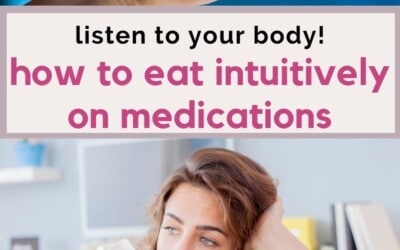
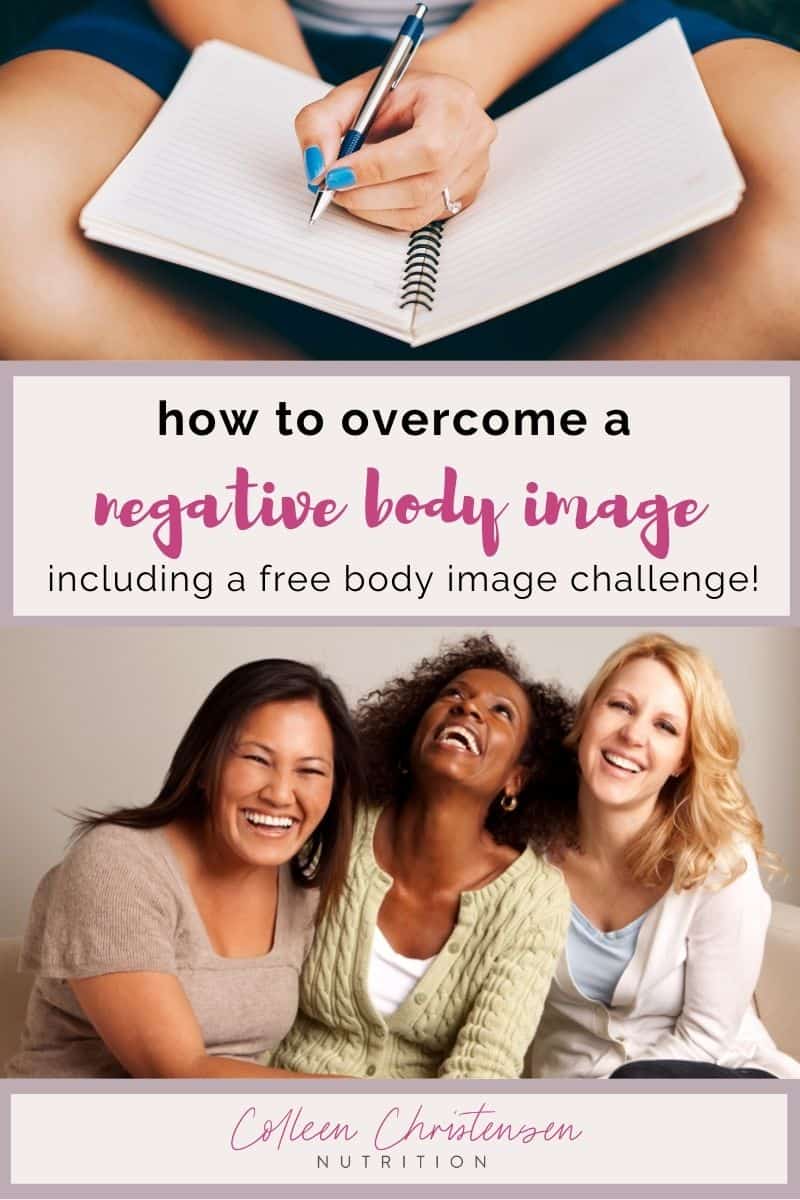
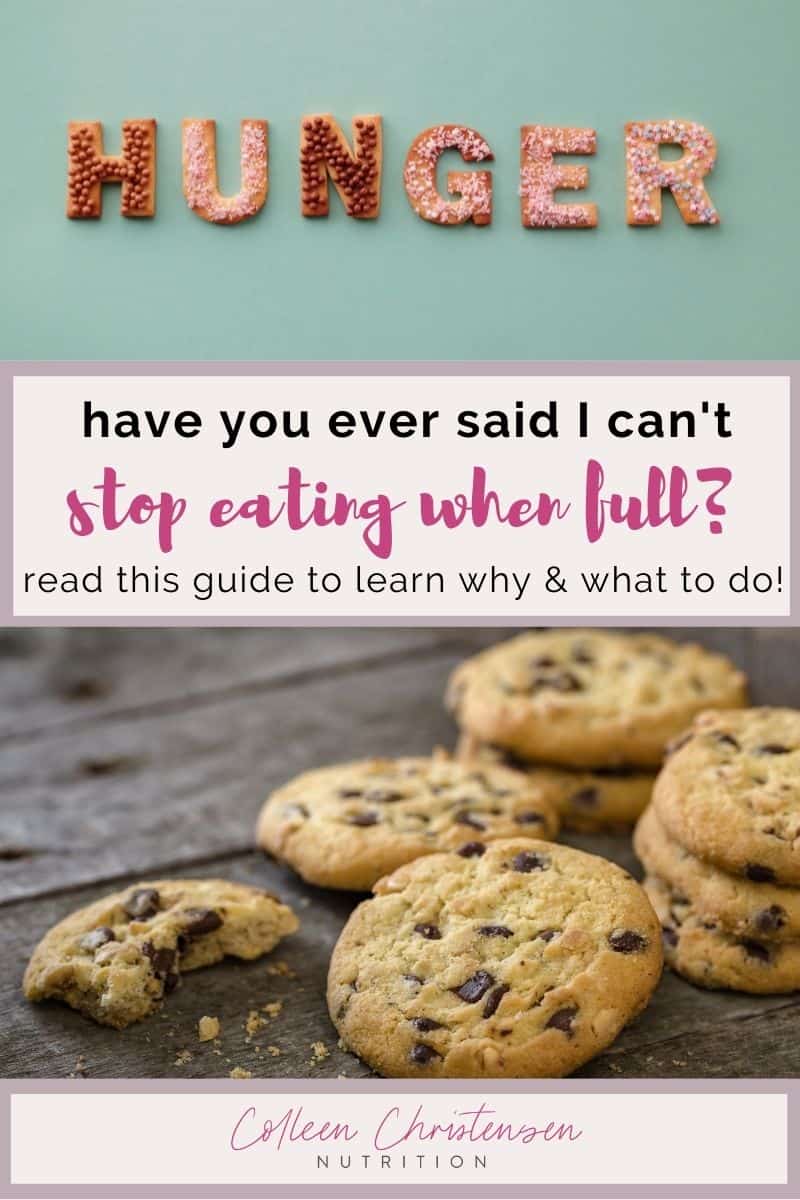
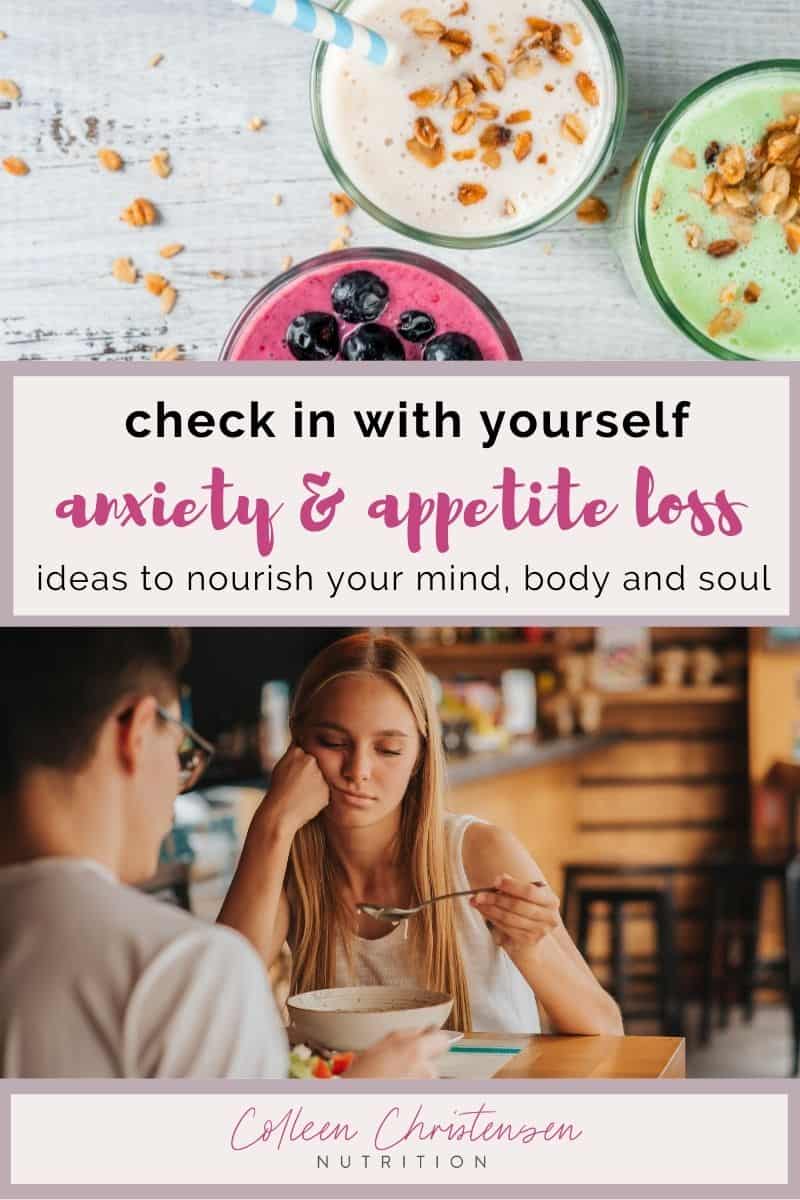
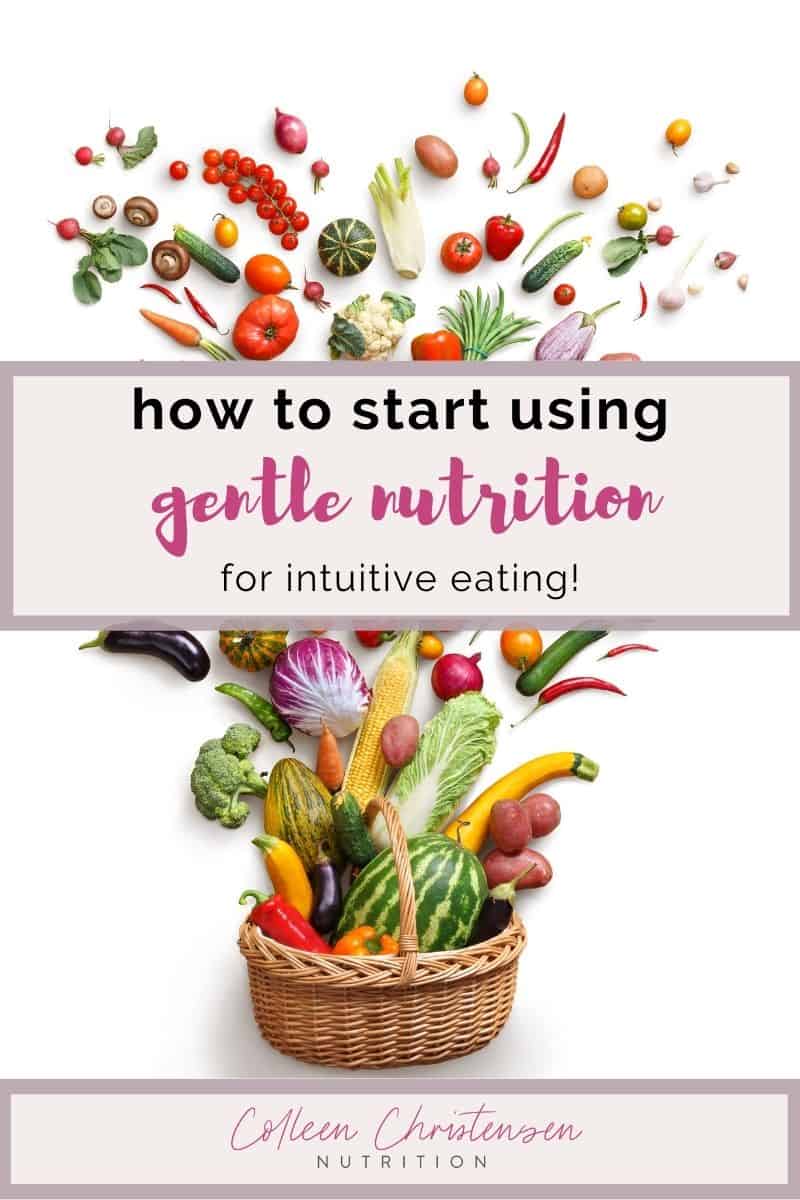

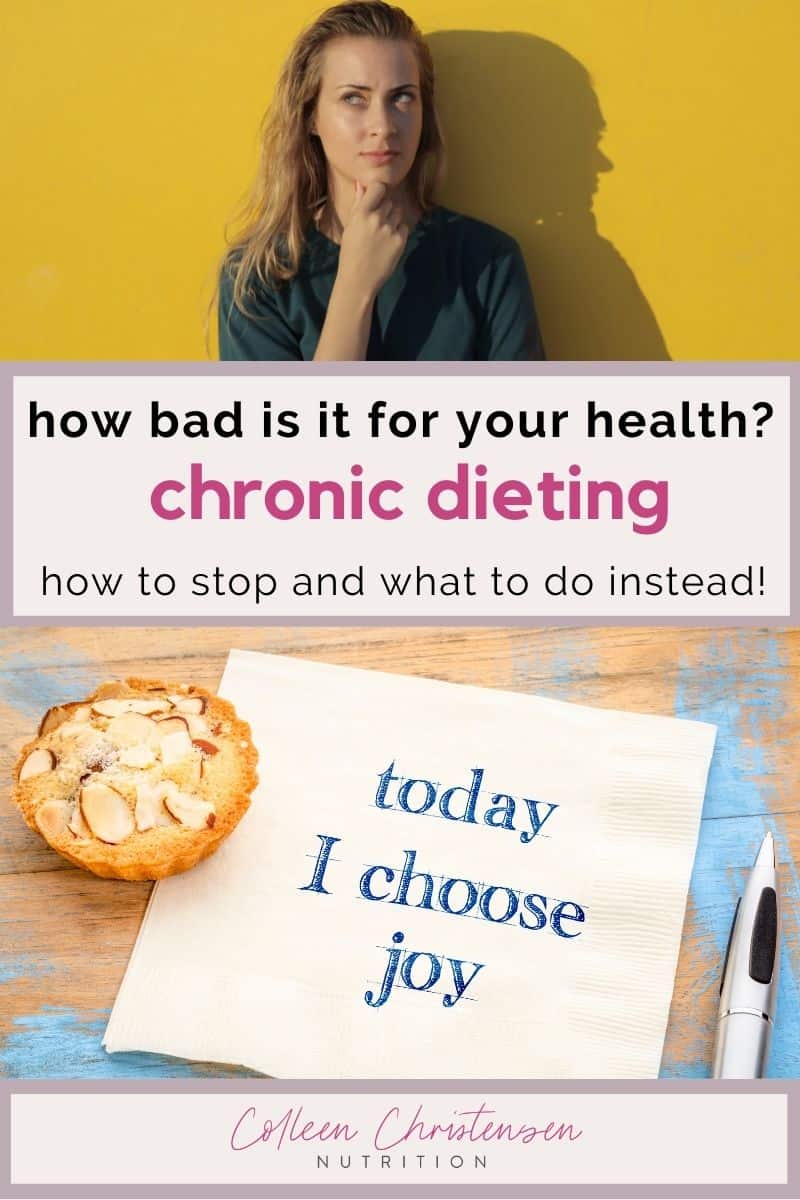
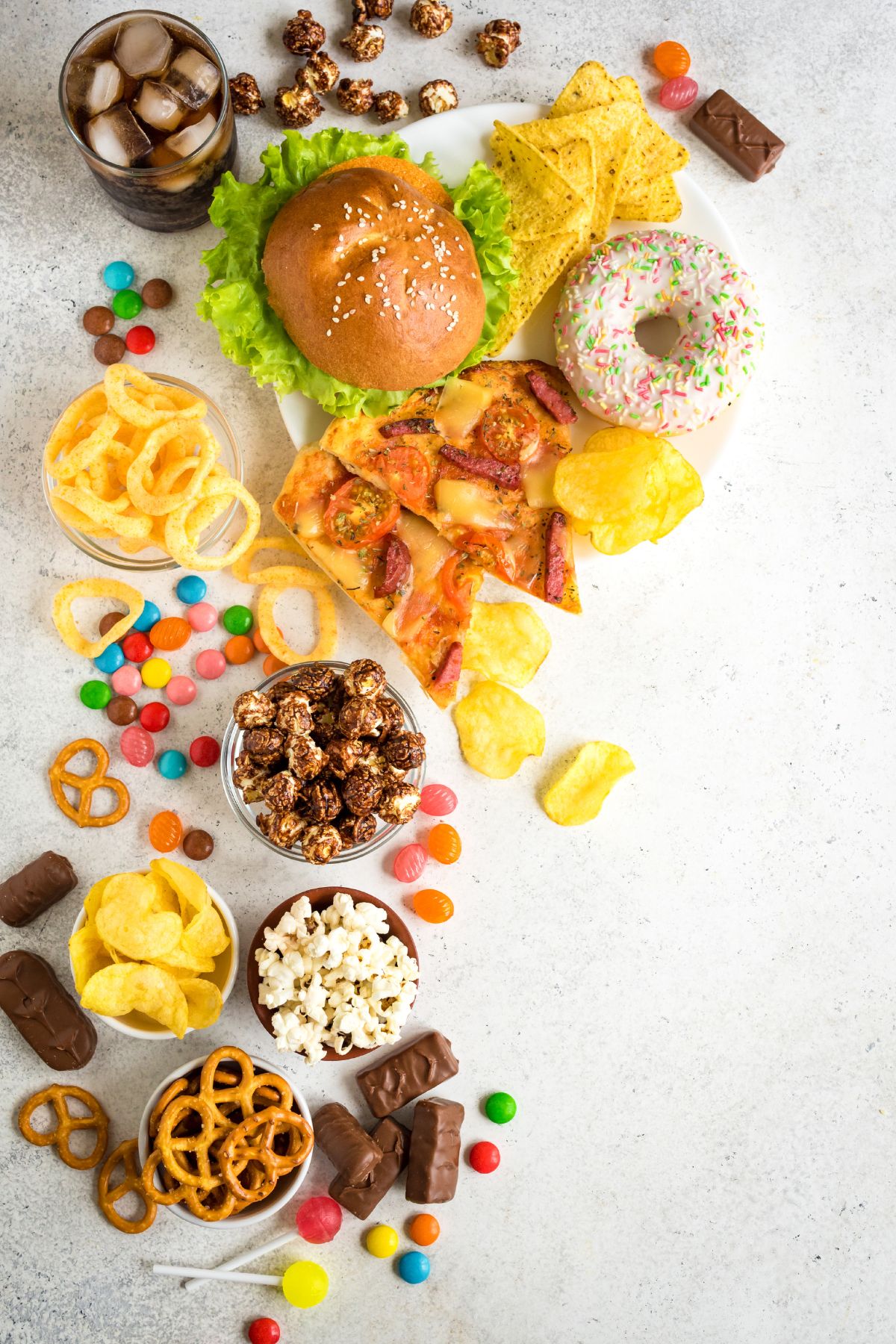

Leave a Reply